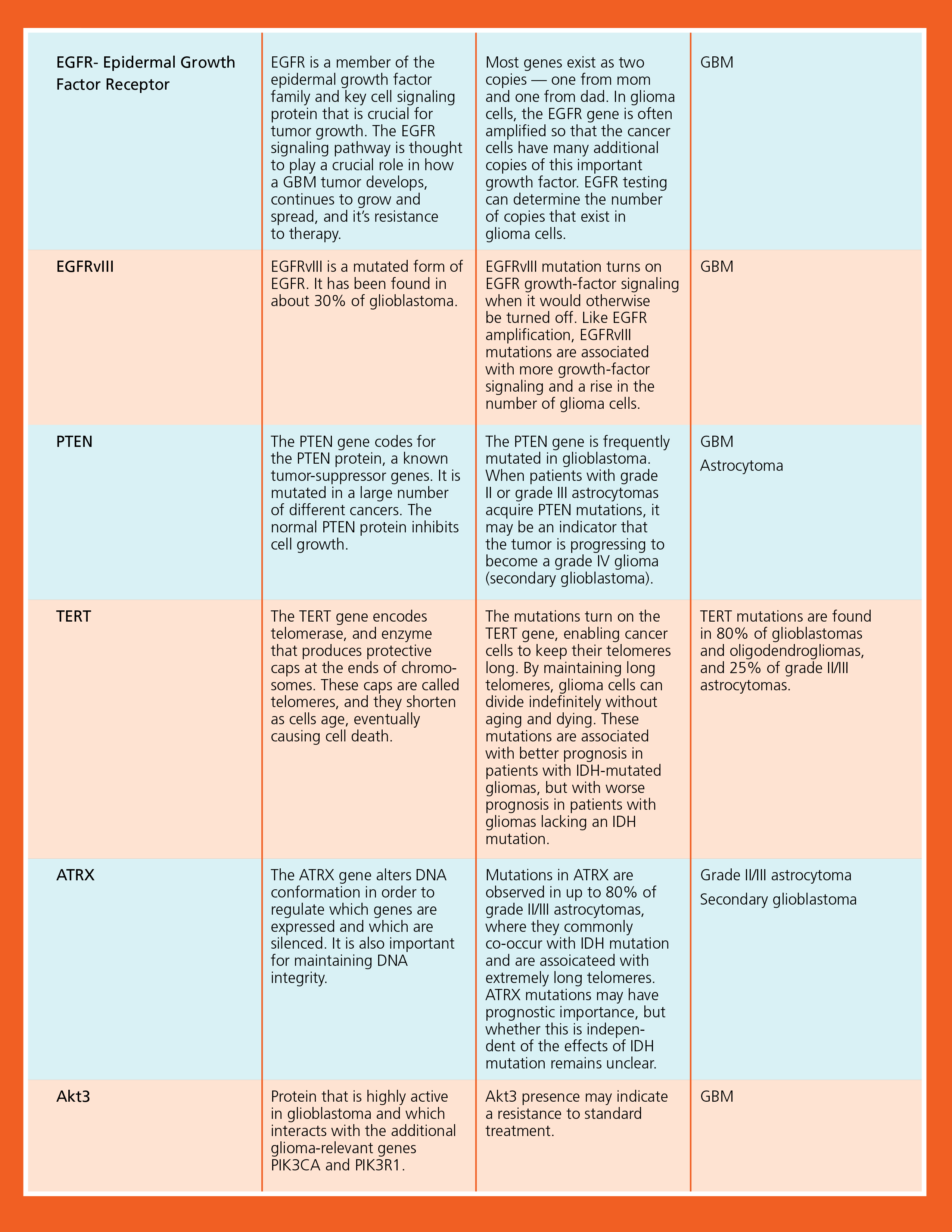Personalized Medicine for Brain Tumor Diagnosis and Treatment | Dr Prem Pillay
During surgery, it’s important to collect and save enough tissue to meet eligibility for certain clinical trials and/or maximize your treatment options.Personalized medicine, for example, utilizes a patient’s genetic information to determine the best course of treatment. The brain tissue gathered from surgery can be tested (molecular testing) to determine the genetic make-up and biomarkers of the tumor. A biomarker is a characteristic that is objectively measured and evaluated as an indicator of biological or pathogenic processes.
Biomarkers can help predict the response and sensitivity of the tumor cells to certain treatments. Research has shown that doctors can use biomarker information to guide the optimal course of treatment that is individualized for the patient.
In 2016, the World Health Organization (WHO) reclassified central nervous system (CNS) tumors. Historically, tumors were diagnosed by the way they looked under a microscope (histology). The updates, informed by leading neuro-oncologists and neuropathologists, recommends a layered approach to classifying a tumor using both the histology and the tumor’s biomarkers. Learn more.
TYPES OF BIOMARKERS: The chart below lists specific biomarkers and their possible roles in brain tumor diagnosis, prognosis and prediction of response to therapy and treatment.

